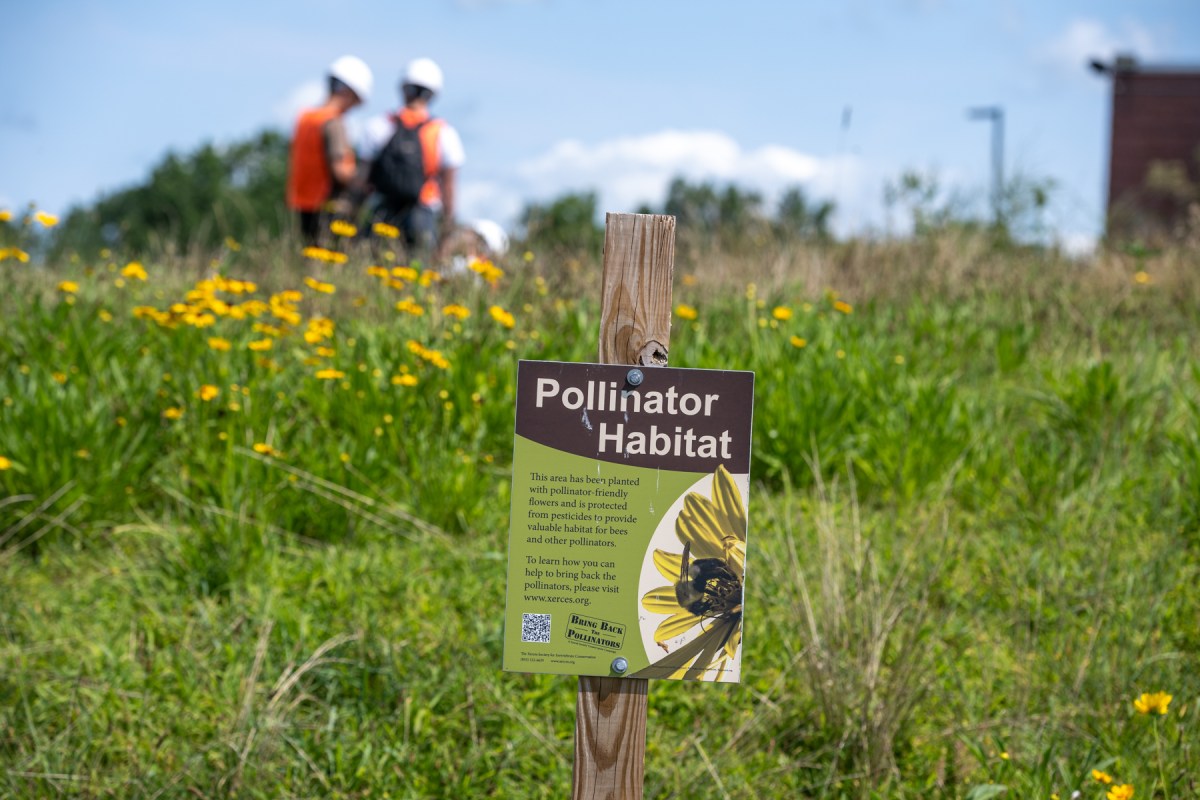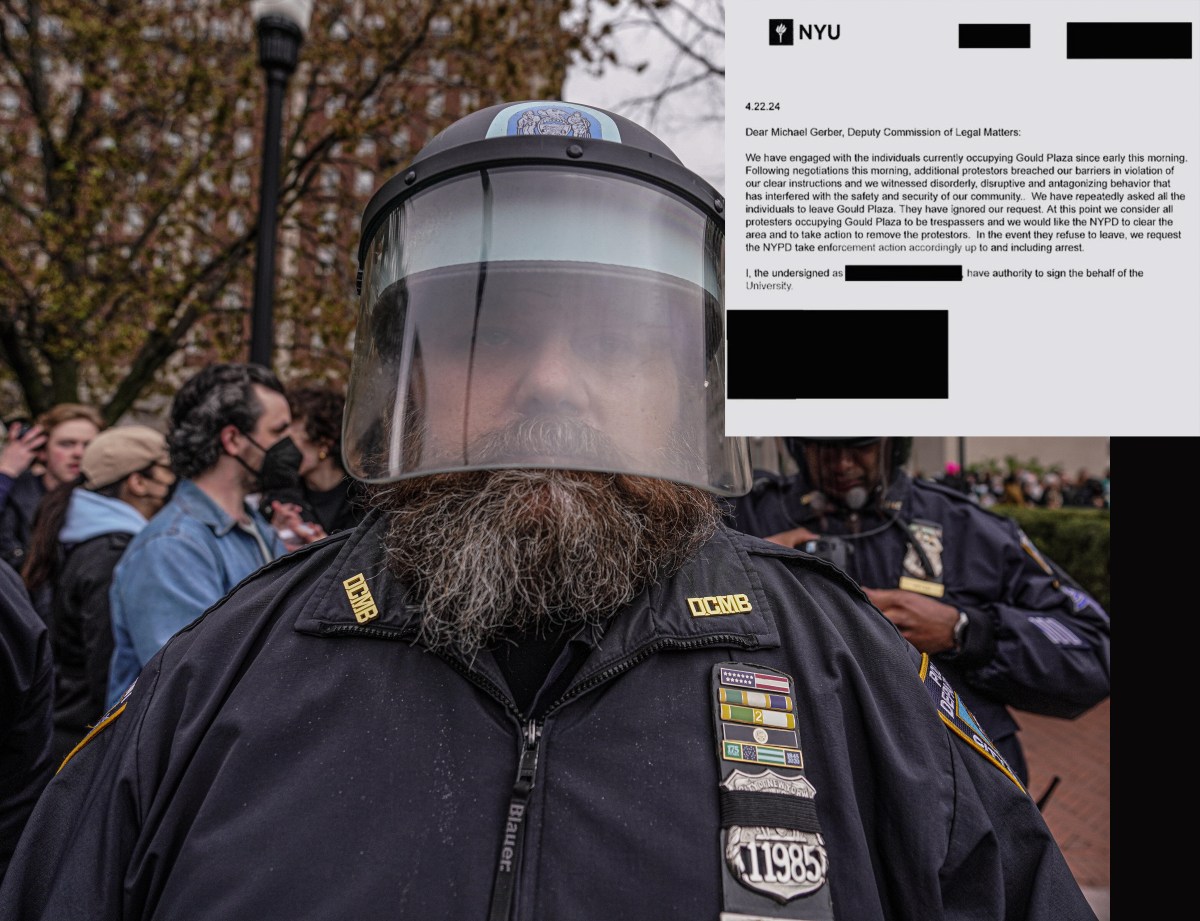TORONTO – The Dominican Republic emerged unscathed from the massive earthquake that ravaged the capital of Haiti and has declared itself open for business, but the popular tourist destination is likely to feel social and economic aftershocks, experts warn.
Some familiar with the two countries that share the island of Hispaniola fear the quake could exacerbate long-standing racial tensions, tax limited governmental resources and discourage snowbirds from seeking refuge at the Dominican’s beaches and resorts.
Dominican officials were quick to insist Thursday that it’s business as usual in the lush Caribbean country, which often lures Canadian travellers with its sandy beaches, azure waters and tropical temperatures.
“The DR is making available its medical facilities for earthquake victims and is providing international relief organizations access to Haiti through the airports and seaports; our transportation systems, communications systems, hotels, resorts, beaches and natural environment suffered no damage here,” Tourism Minister Francisco Javier Garcia said in a statement.
“We are grateful and with deep concern open our hearts to our neighbours and will continue to do everything we can to help them and reassure global travellers that the DR is receiving visitors.”
That, however, wasn’t quick enough for some would-be travellers.
Charlie Dimartino of Toronto-based Polo Travel Ltd. logged his first official cancellation just one day after the quake levelled the city of Port-au-Prince, toppling buildings and leaving thousands without food, water or shelter. Untold thousands of people have been killed.
Dimartino’s client was scheduled to fly to the Dominican with his child on Saturday, but got cold feet after hearing of the chaos just a few hundred kilometres away.
Fear of disease spreading from one country to the other prompted the request for a refund, and the traveller opted for a new destination, Dimartino said. The request was granted only grudgingly, since there has been no advisory issued warning against travel to the Dominican.
Dimartino fears other globe-trotters may choose to follow that lead, turning the earthquake in Haiti into the Dominican equivalent of the H1N1 virus, which temporarily scuttled travel to Mexico last year.
“The thing to be concerned about is sickness, if there’s any kind of problems with the water,” Dimartino said.
“There’s still more needs to come out on what exactly happened, but we’re holding our breath.”
Others are less pessimistic: Jonathan Carroll of Internet travel agency Itravel2000 said the lure of beach-front resorts and bargain prices will overcome whatever initial trepidation tourists may have.
“I don’t see any pushback or anything happening at all with the destination,” Carroll said. “It’s like (when) an earthquake happens somewhere in the United States – it doesn’t affect the rest of the United States for travel.”
Still, given the proximity of the two small island nations, it’s remarkable the Dominican wasn’t hit harder. The quake was felt in parts of the Dominican, which comprises the eastern half of the island, but experts say the nature of the temblor and the fact the epicentre was relatively close to the surface meant the impact was largely centred on the Port-au-Prince area.
Still, the reverberations for the entire island are sure to be felt well into the future,
Wendy Roth, a sociology professor at the University of British Columbia, said the probable influx of Haitian refugees trying to escape the devastation could aggravate an already sensitive situation.
Relations between the two countries have been frayed since the 19th century, when the Dominican gained its independence from Haiti, and tensions at the border have been prevalent for decades, she said.
“I could imagine it turning into some kind of a conflict or a need for the Dominican side to ramp up surveillance on that border,” Roth said.
The Dominican government is not equipped to handle such an influx, she added.
Eventually, long-standing racial tensions could also flare up – people of Haitian descent have historically been frowned upon by their more prosperous neighbours, Roth said.
University of Toronto professor Nestor Rodriguez disagreed, saying Dominicans have so far been able to set aside their ethnic tensions and offered aid to quake victims.
“From what I’ve heard from my contacts on the island, even the private sector is helping to transport people to make them get in contact with their relatives” – a rare show of support, Rodriguez said.
Even if they’re wary now, cost-conscious travellers may ultimately want to take a long, hard look at the Dominican, said Dimartino.
“When the H1N1 came out (in Mexico), the prices were really reflecting what was going on,” he said. “At the end of the day the customer makes the decision, but if there’s value there, we’ll tell them.”
















